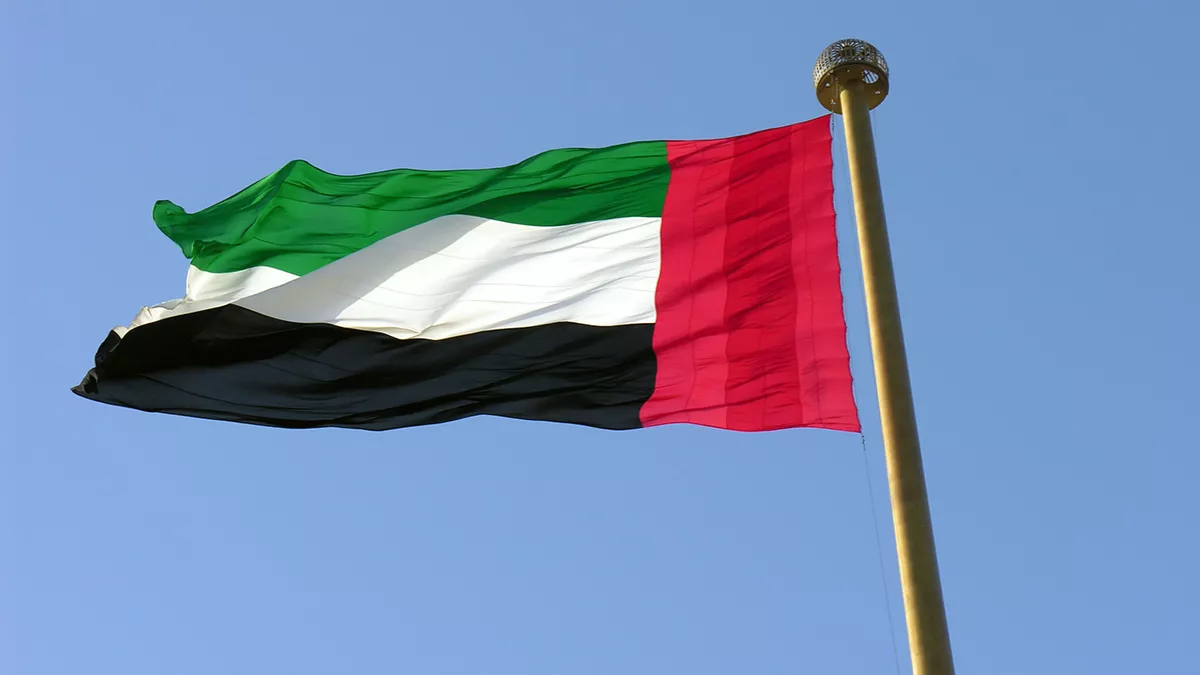
The United Arab Emirates, along with Saudi Arabia, Egypt, Iran, and Ethiopia, formally joined the Brics alliance on January 1, ushering in a new chapter in its pursuit of international economic partnerships and opening up new markets throughout the world.
Following the five founding countries—Brazil, Russia, India, China, and South Africa—ratifying their membership during the 15th Brics meeting in August in Johannesburg, the United Arab Emirates has now joined the group. With five more members, the alliance has doubled in size and is now a powerful economic powerhouse with a combined GDP of $28.5 trillion, or about 28% of the world economy. About 3.5 billion people, or 45% of the world's population, live in the bloc collectively.
The alliance's member nations will produce around 44% of the crude oil produced worldwide.
As there are many discussions of a BRICS currency taking the role of the US dollar as the world's reserve currency, the country has joined the influential organisation.
According to economists, the alliance will give the UAE a more dynamic horizon by allowing it to diversify its trade and investment portfolios, as well as its strategic choices, alternatives, and collaborations. Additionally, it puts the UAE in a position to interact with rising economies dynamically, encouraging growth and collaboration on both sides.
The UAE's accession to Brics signifies the end of a continuous path of engagement with this developing bloc. October 2021 saw the nation join the New Development Bank of the organisation. The UAE took an active part in the Friends of the Brics meeting held in Cape Town in June 2023. Under the leadership of South Africa, the BRICS host nation oversaw it.
